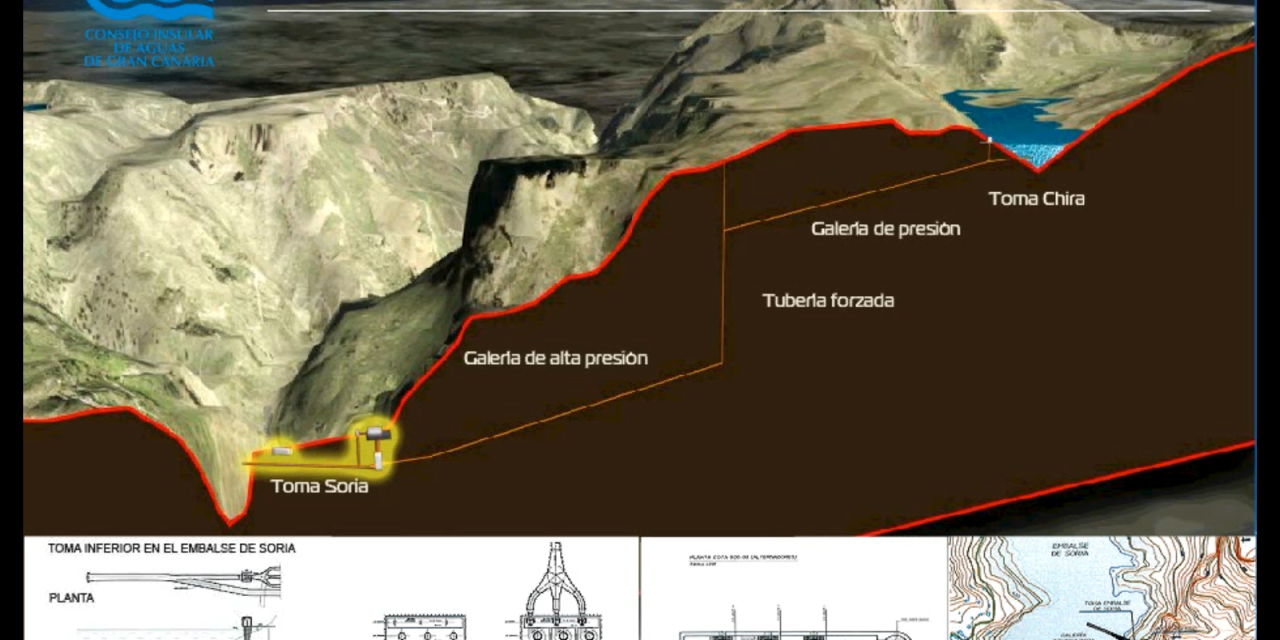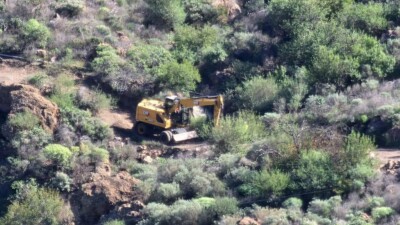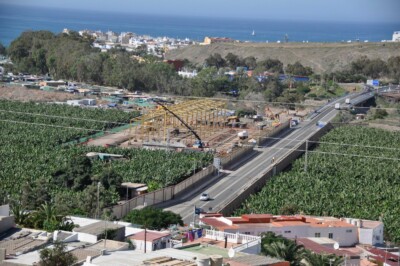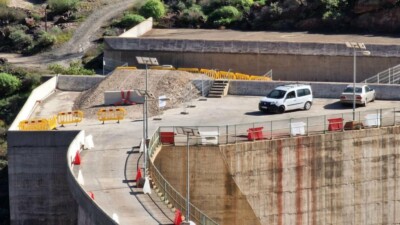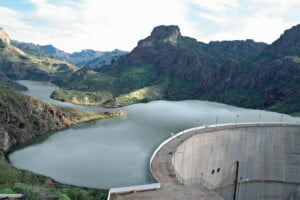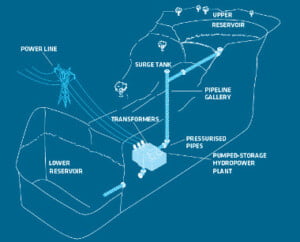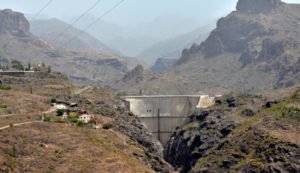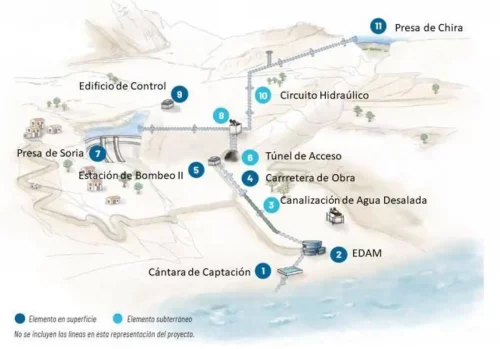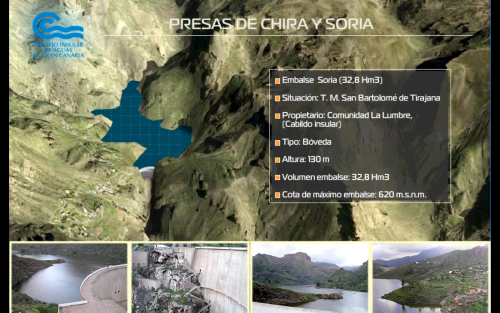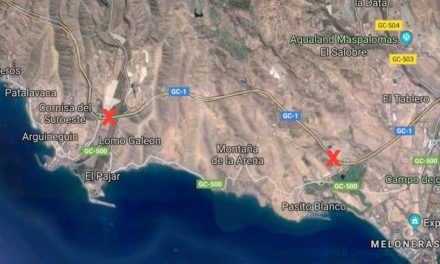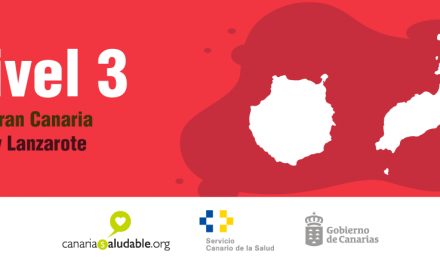Las Palmas de Gran Canaria, December 18, 2023 – Jesús Quesada @ Canarias7 – A series of legal rulings appear to have have reinforced the trajectory of the Salto de Chira hydroelectric project on Gran Canaria, courts have consistently denied requests for any suspension to the construction. The decision comes amidst concerns raised by environmental and cultural preservation groups, highlighting the complexities of balancing development with heritage conservation.
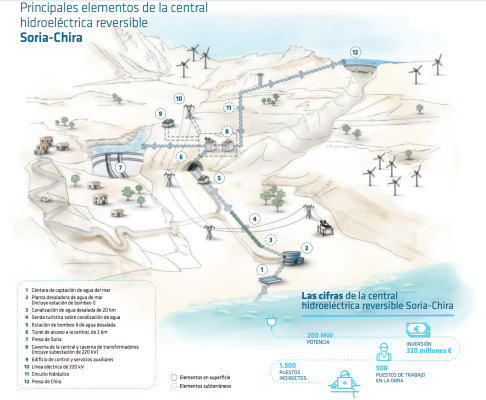 Initiated in February 2022, the Salto de Chira project, spearheaded by Red Eléctrica de España (REE), is a monumental venture with an estimated budget of €400 million. It aims to establish a reversible hydroelectric power station in the Arguineguín ravine, anticipated to significantly enhance the efficiency and storage capacity of renewable energy in Spain.
Initiated in February 2022, the Salto de Chira project, spearheaded by Red Eléctrica de España (REE), is a monumental venture with an estimated budget of €400 million. It aims to establish a reversible hydroelectric power station in the Arguineguín ravine, anticipated to significantly enhance the efficiency and storage capacity of renewable energy in Spain.
The project faced its first major legal hurdle when Turcón, an ecological advocacy group, filed for a suspension, citing environmental concerns. However, in April 2022, the Superior Court of Justice of the Canary Islands (TSJC) issued a ruling that underscored the project’s national significance and its role in bolstering renewable energy, thereby denying the suspension.
Hay Tu Katanahá, another environmental group, challenged the project, raising alarms over potential damage to cultural heritage sites. Their requests for a precautionary suspension was also dismissed by the TSJC in December 2022 and February 2023, with the court affirming that the project did not pose a threat to heritage conservation, but rather ensured its preservation.
The issue of cultural heritage resurfaced with Plataforma Salvar Chira-Soria’s discovery of alleged pre-Hispanic cazoletas (cup marks) and an uncharted archaeological site near the Soria reservoir. This led to a legal plea for halting the construction, which was subsequently rejected in December 2023 by the Court of First Instance number 4. The court relied on expert assessments from Tibicena and the Faculty of Geology of the ULPGC, which concluded that the formations were natural erosions, not artifacts of human origin.
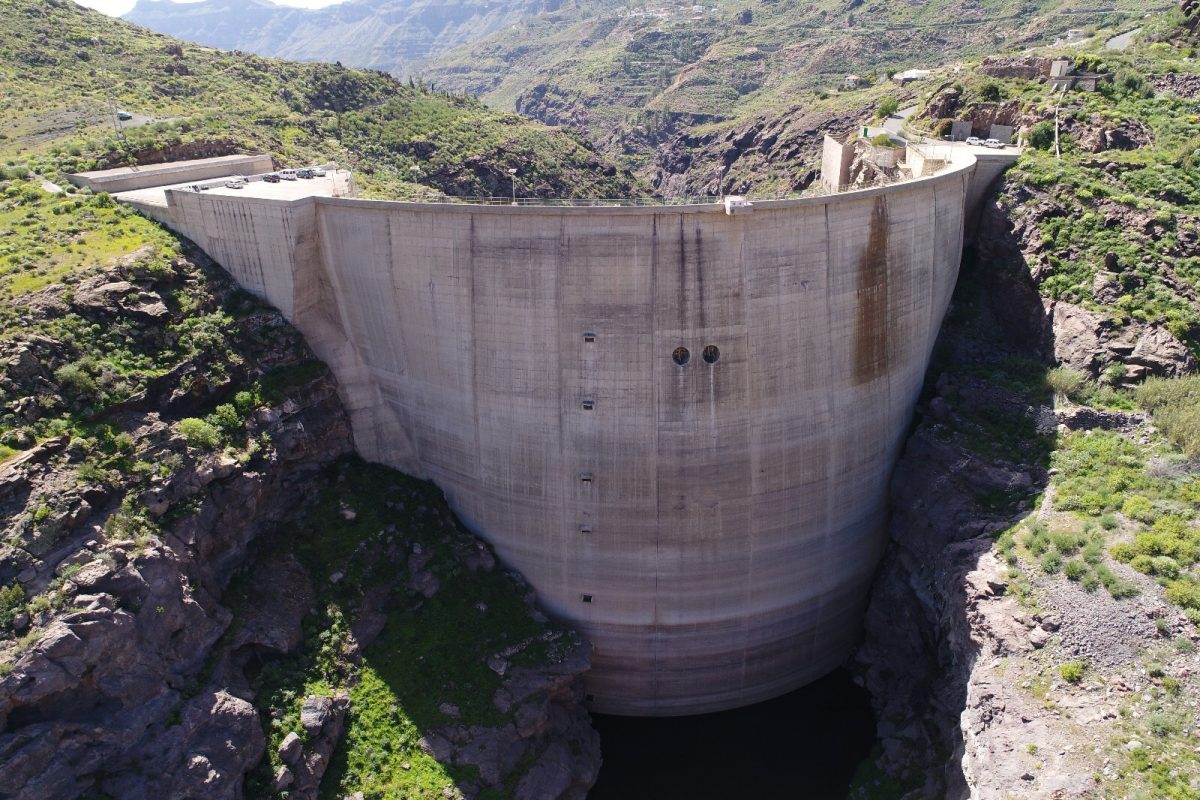 These judicial decisions highlight the complex interplay between environmental protection, cultural heritage preservation, and the advancement of renewable energy infrastructure. The Salto de Chira project, while controversial, continues to be a testament to Spain’s commitment to its energy transition goals. The Canary Islands government, along with REE, remains focused on progressing with the project, ensuring that environmental and cultural concerns are addressed in this ambitious endeavor to modernize the region’s energy infrastructure.
These judicial decisions highlight the complex interplay between environmental protection, cultural heritage preservation, and the advancement of renewable energy infrastructure. The Salto de Chira project, while controversial, continues to be a testament to Spain’s commitment to its energy transition goals. The Canary Islands government, along with REE, remains focused on progressing with the project, ensuring that environmental and cultural concerns are addressed in this ambitious endeavor to modernize the region’s energy infrastructure.
Though there is some growing discomfort among the residents of the Barranco de Arguineguín, with environementalists continuing to call for greater prudence in the natural environment, the project looks to continue forward in its aims to spearhead the energy transition putting Gran Canaria at the cutting edge of renewable energy capture and storage, in essence turning the island into a giant water battery capable of ensuring a large portion of the island’s energy needs.
THE ECO-ISLAND
“Salto de Chira is a very important step in the change in development model that Gran Canaria needs. We must move towards a more sustainable island, with energy, water and food sovereignty. An island that is committed to clean energy, environmental conservation, innovation and the circular economy. A territory that defends its identity and guarantees the rights of all its citizens. That is the eco-island we want.”– Proyecto Salto de Chira
At the time of writing the main REE website appeared to be unavailable![]()

